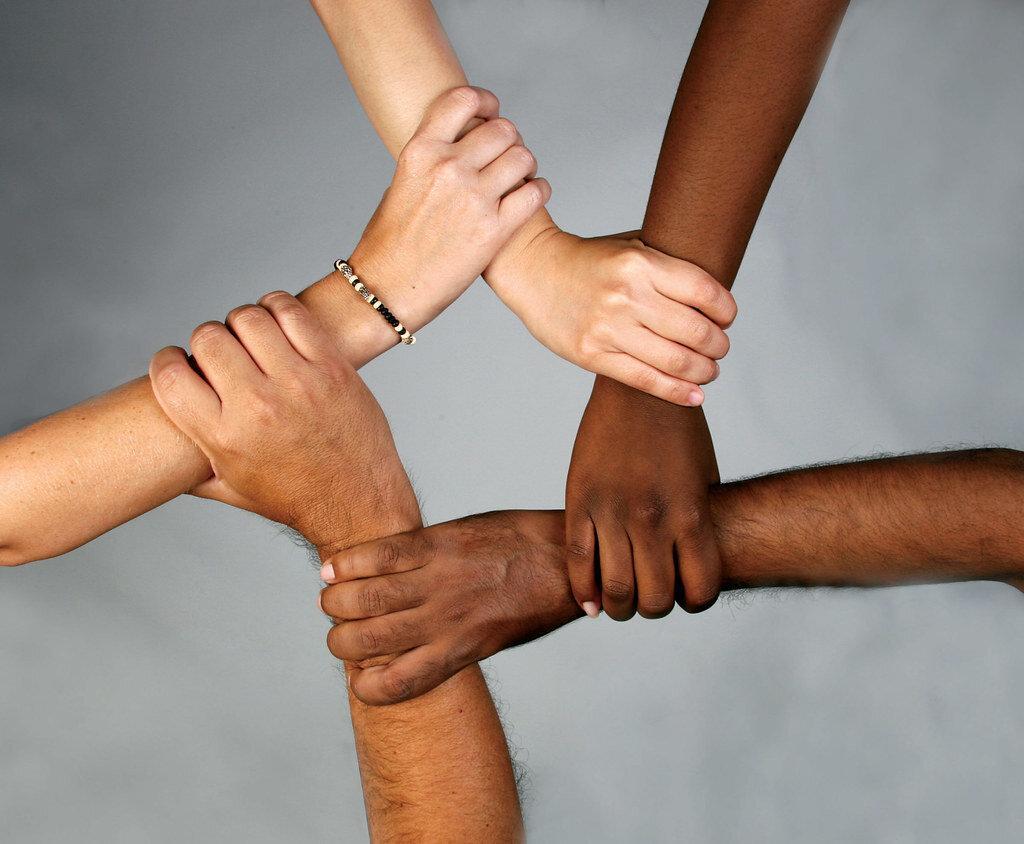
Editorial board note: As Whitworth 2021, a visionary plan launched by the university in 2011, comes to a close this year, The Whitworthian is looking at the plan’s eight goals. Through a variety of articles in the arts and culture, news and opinions sections, The Whitworthian team will be unpacking what Whitworth 2021 set out to accomplish and which of those criteria were met.
Whitworth’s Goal Four focuses on “issues of intercultural competency and equity related to gender, race and ethnicity.”
According to the key performance indicators, the university has succeeded in achieving many of its diversity objectives.
Some of the objectives met include establishing a permanent representative council for diversity initiatives, improving reports of first-year students having serious conversations with others of different racial backgrounds and assessing the success of the “American Diversity” and “Global Perspectives” credit requirements.
Despite all that has been achieved, there are still many key goals and objectives that have not been fully met at Whitworth.
One objective that has not been met is students’ reports of a campus environment that encourages significant contact with students among different economic, social, racial or ethnic backgrounds.
Chief Diversity Officer and Associate Vice President of Diversity, Equity and Inclusion Lorna Hernandez-Jarvis says this issue is more of a challenge because her team wants to create organic, and not forced, conversations.
There are many programs put forth to reach this goal, such as the “Equity and Justice Dialogue Forum” and the Honors Program’s “Democracy in America.” These events range across different departments such as Student Life, the Counseling Center and Student Diversity, Equity and Inclusion.
Another program, Bucs Bridge, allows for first-year students in underrepresented groups to be supported when they arrive on campus and throughout the year. Sophomore Maddie Osorio, a Bucs Bridge peer guide, says she loves everything the program is doing to make students feel more welcome and equipped to handle the difficulties that come with college.
“I can’t think of a better program to level the playing field for underrepresented students than Bucs Bridge,” Osorio says.
Workshops for faculty and staff help encourage them to engage in conversations about diversity in the classroom. This year, there were eight different workshops that specifically focused on how to become an anti-racist community.
“There are a lot of things that are not necessarily directed to students, but to create structures so that we can have an environment that is truly conducive to engaging conversations that allow everybody to flourish in their learning,” Jarvis says.
These workshops are not mandatory. Jarvis says this choice was made because research has shown making training mandatory is not effective and “in some circumstances even detrimental to the goals we are trying to reach.”
Another goal that Whitworth failed to meet was an increase in ethnically diverse faculty and staff, as well as women in leadership positions.
Jarvis says that this is a national issue and that Whitworth is not behind when compared to other universities. She says that Whitworth’s specific hiring requirements, such as academic excellence, being a great teacher and a committed Christian, make this even harder.
“As you can imagine, the more dimensions you begin to put on what you’re looking for, the smaller and smaller the pool of potential candidates gets,” Jarvis says.
Applicants also must be willing to live in a predominantly white community, as Spokane is.
To increase women in leadership, Jarvis says institutions need to be providing women the infrastructure and resources necessary for them to rise to these positions. “Unfortunately, the reality of our world is that there’s still inequalities and expectations of women that are not there for men.”
Although Whitworth is continually working towards achieving these goals, there are still questions on how much progress the university is really making. Last semester in Core 250, the use of an offensive and antiquated term in a lecture led to racist and insensitive comments made by a student, causing many on campus to feel hurt and unsafe.
Jarvis says that this act does not represent Whitworth as an institution.
“Unlearning racism is not something we can do in a weekend or one workshop. To truly become anti-racist, you really have to understand that history and the impact of our country’s history on people,” Jarvis says.
Jarvis says her team repeatedly met with the Black Student Union to address their concerns after the incident. Twelve departments are currently reviewing their curriculums and conducting research in order to develop plans to diversify them.
Although all this work is being done, there is a disconnect between these efforts and how students are feeling on campus. Osorio says the Core-250 incident did not make the Bucs Bridge students in her group feel safe and respected.
“I think it would be really nice to take a more official stance against that kind of hate speech and let our underrepresented students know that the university is there to represent them and stands up for what they need,” Osorio says.
Students often feel that there is a lack of communication from Whitworth about not condoning this kind of behavior and informing students of their work towards being anti-racist.
An important practice Whitworth can use to reach their diversity goals and students’ needs is listening and elevating underrepresented voices in the community. For example, Osorio says Whitworth should implement a FAFSA workshop for first-generation students who have no support or guidance at home on how to apply.
“There is no time in our lives that we shouldn’t be improving, especially in areas as important as racial reconciliation,” Osorio says. Accepting everyone, no matter sexual orientation, gender and race is a Christ-like love Whitworth should embody, she says.
Jarvis says that to expand university efforts and better support students, more money and highly trained professionals are needed.
“We need to do better. We need to make sure that we are allowing any student regardless of their background to flourish and feel like they belong at the institution, and we are just not there yet,” Jarvis says.

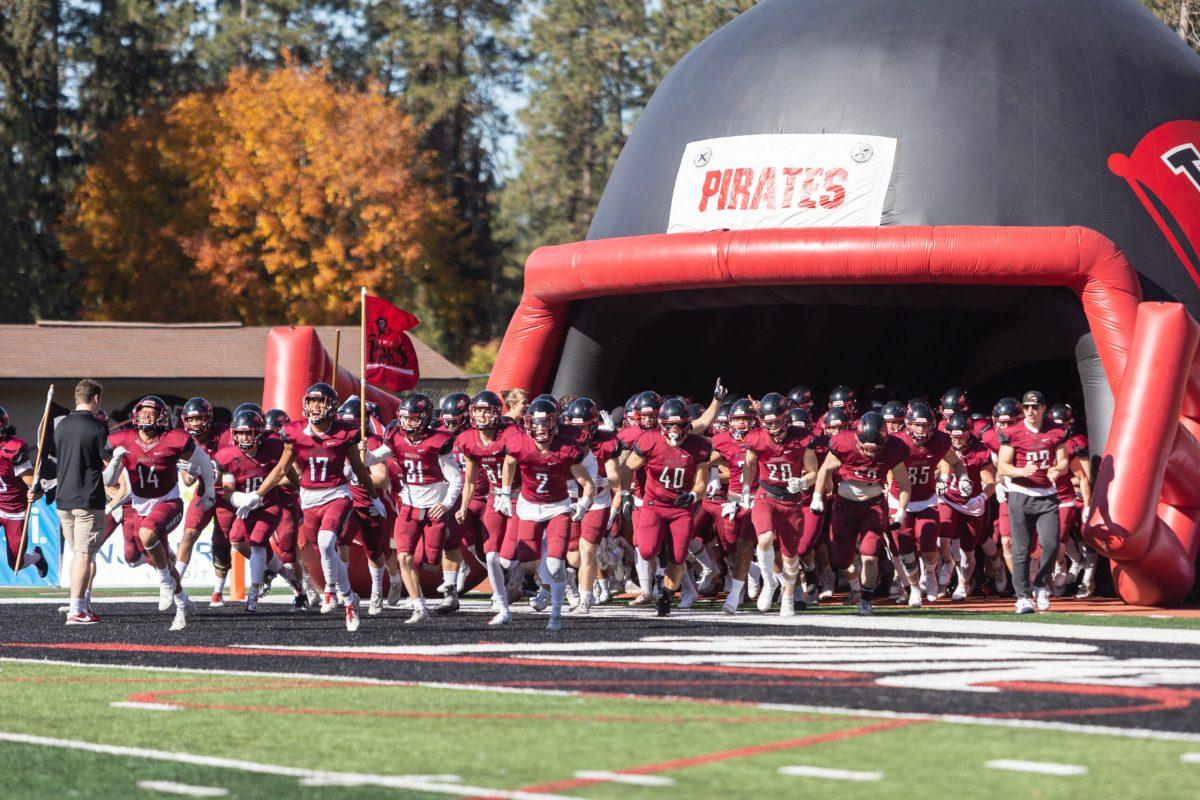
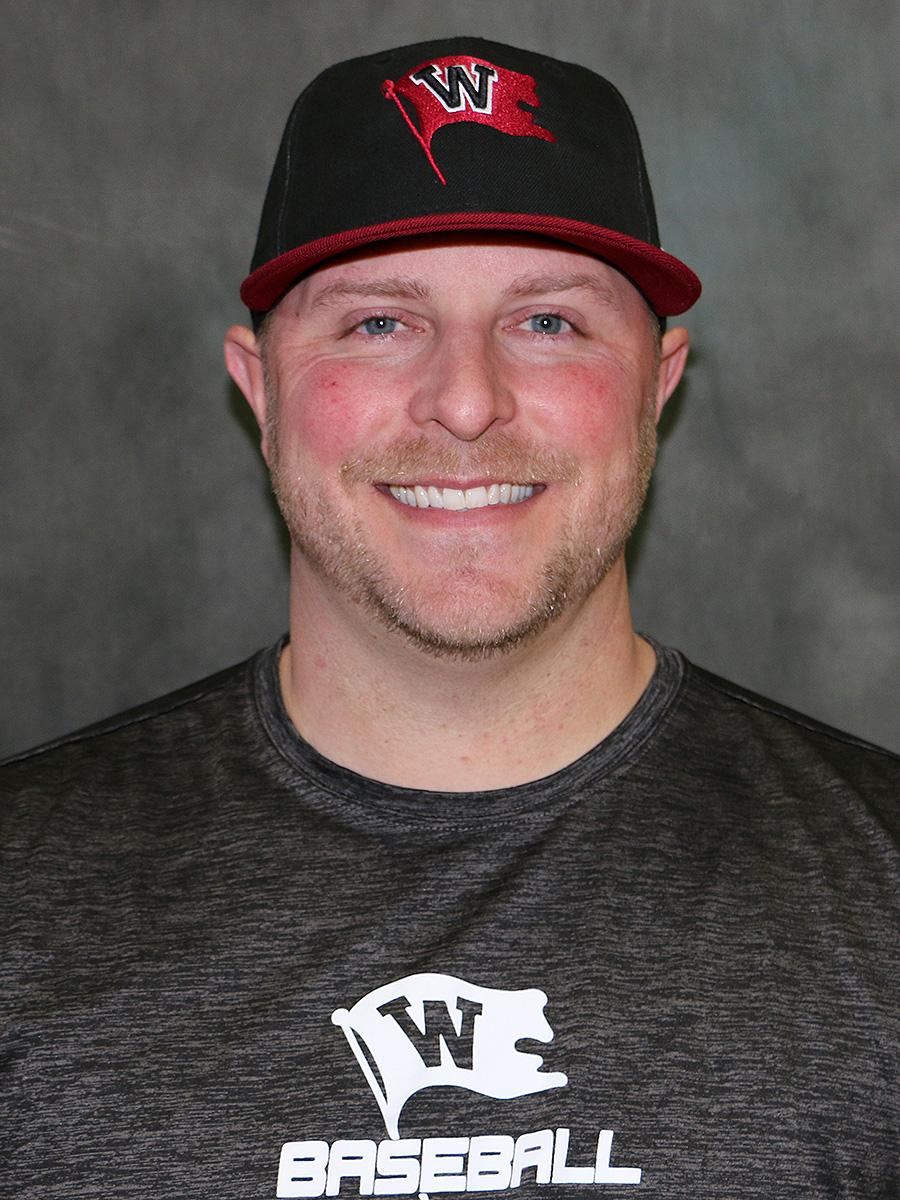
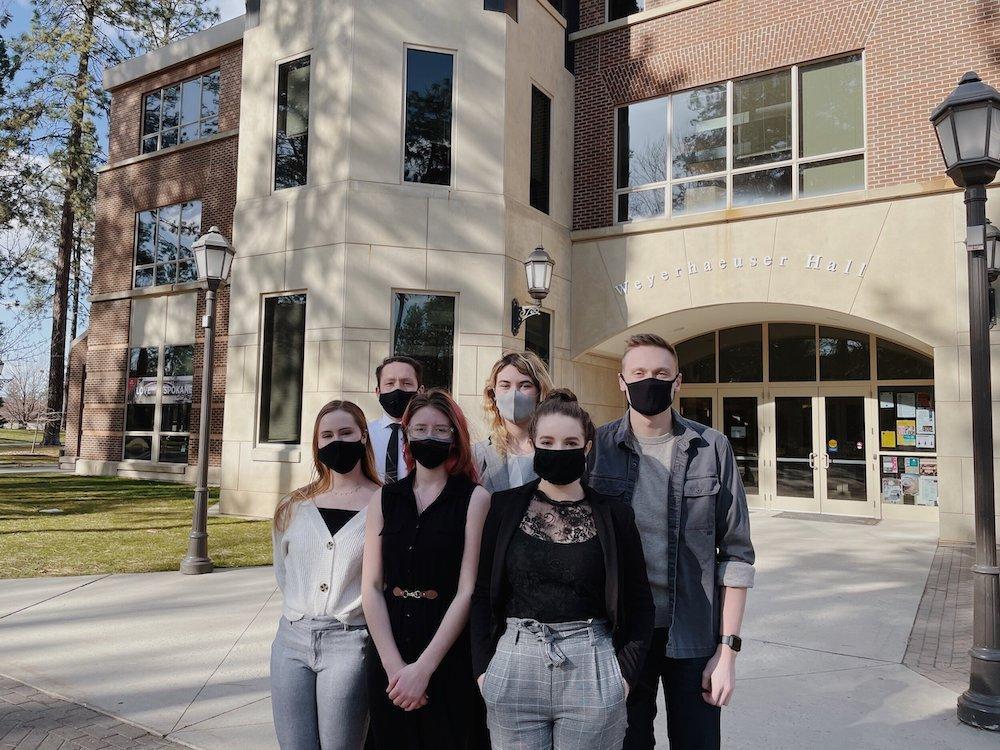

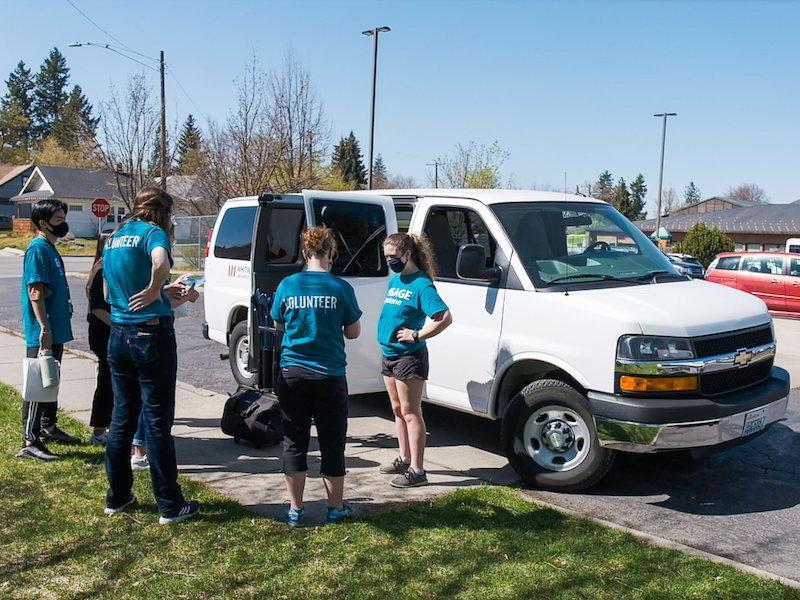






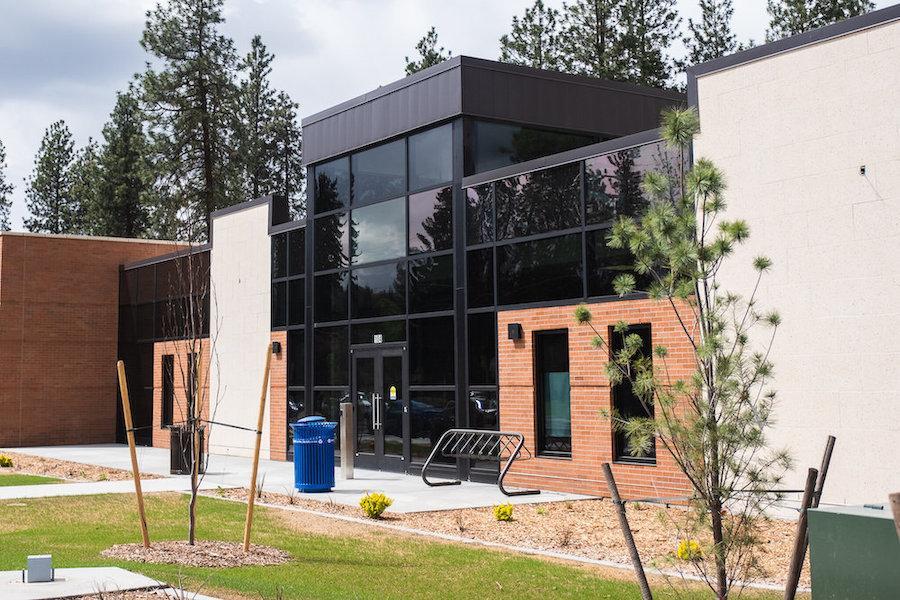

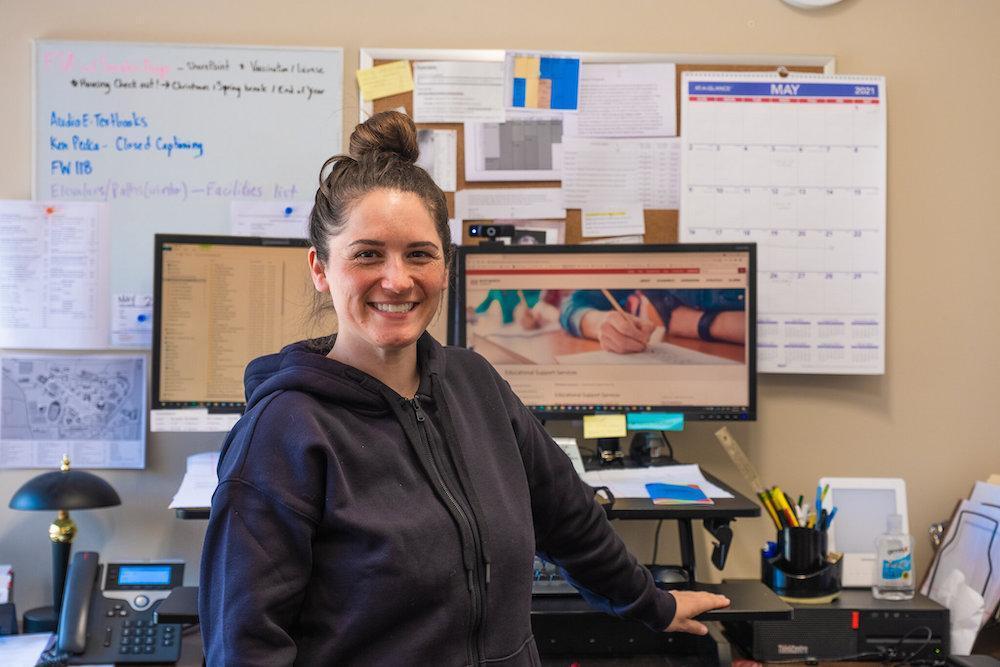
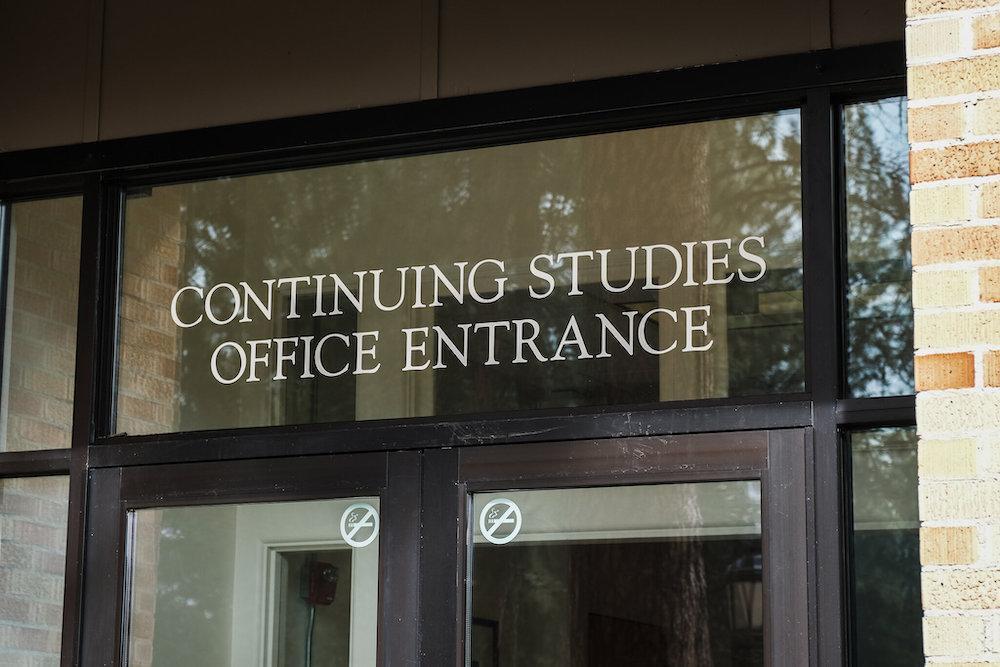
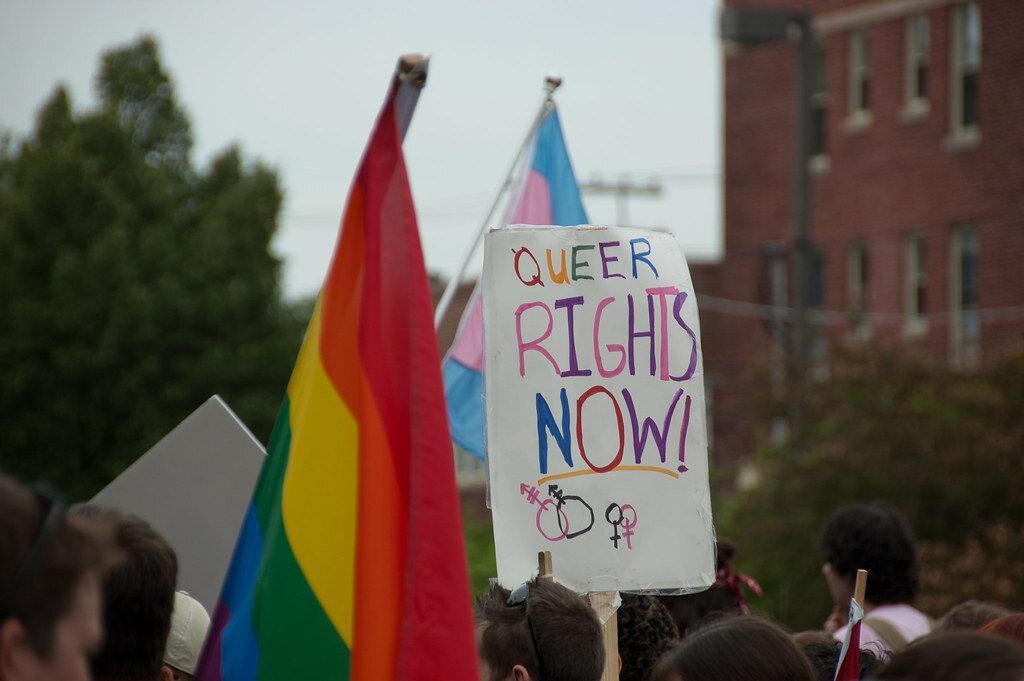
 Spokane?
Spokane?